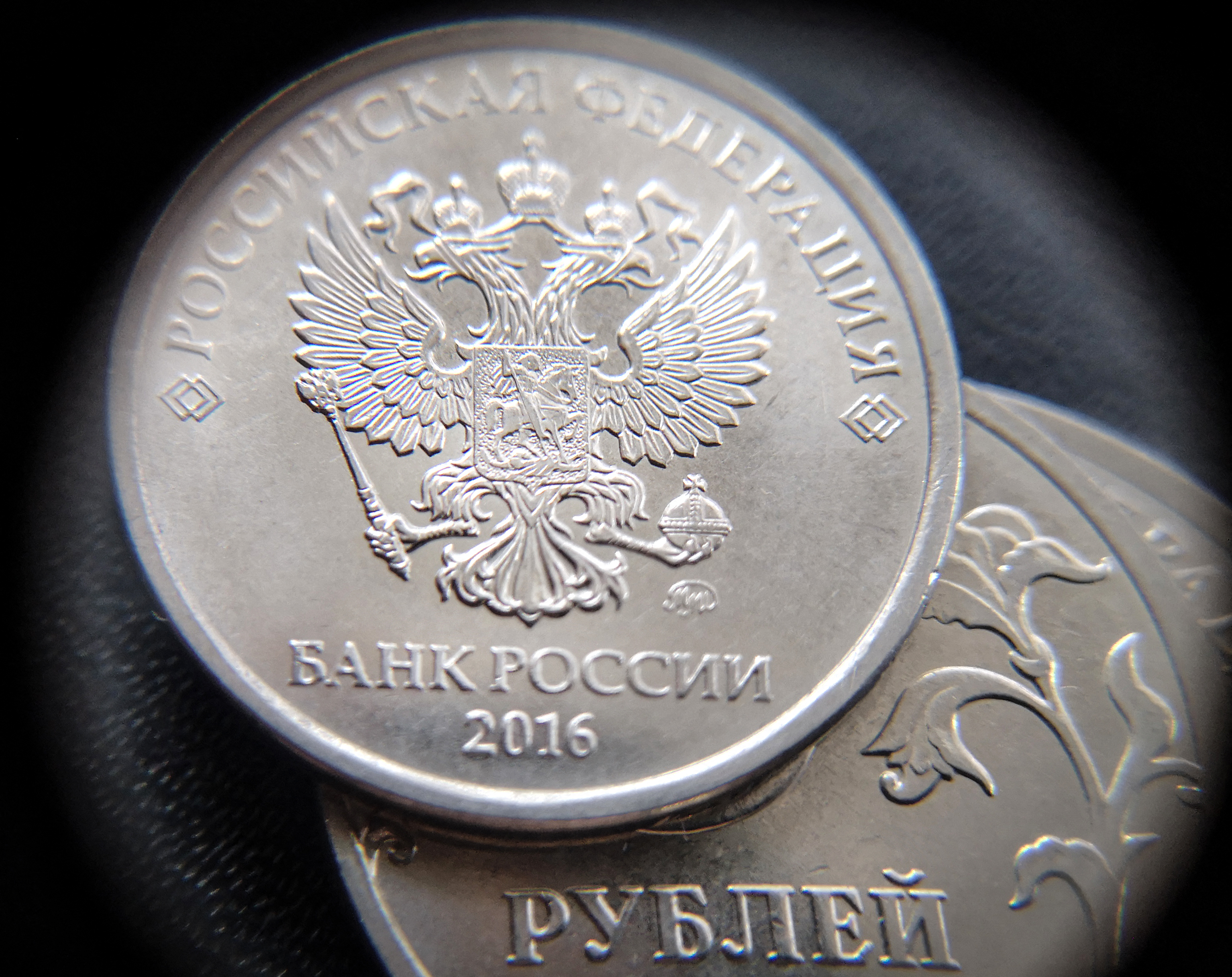

In a significant move to bolster its economy amidst ongoing sanctions, Russia is advancing its digital ruble initiative, which aims to mitigate the financial impacts of international restrictions following the Ukraine invasion. The pilot program for the digital ruble, launched in August 2023, has seen participation from major financial institutions including Sberbank, Tbank, and Tochka Bank, with a total of 12 organizations involved. This digital currency is expected to facilitate payments and reduce transaction costs, providing a much-needed boost to the Russian economy as it grapples with the fallout from U.S. sanctions that targeted Russian banks in November, causing the ruble to drop sharply. [ca91a4e4]
The full implementation of the digital ruble is slated for July 1, 2025, with rapid progress noted by experts like Alexandra Prokopenko since the initiative's inception in 2020. The Russian government is actively promoting the use of its Central Bank Digital Currency (CBDC) within BRICS countries, aiming to enhance economic cooperation and reduce reliance on the U.S. dollar. [ca91a4e4]
This development comes alongside Russia's broader strategy to incorporate Bitcoin as a strategic asset in its financial framework. As part of its de-dollarization efforts, President Vladimir Putin has acknowledged the potential of Bitcoin, stating, 'Who can ban Bitcoin?' This reflects a growing trend among nations to explore alternative currencies in response to geopolitical tensions. [be64a19d]
The digital ruble initiative is also seen as a countermeasure to the increasing competition from China's own CBDC, which may heighten Russia's dependence on China for economic stability. As the global financial landscape continues to evolve, the interplay between Russia's digital ruble and its Bitcoin strategy will be crucial in determining the country's economic resilience. [ca91a4e4]